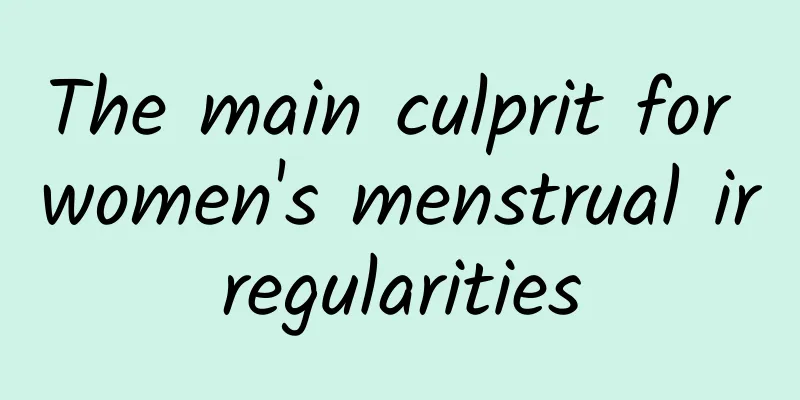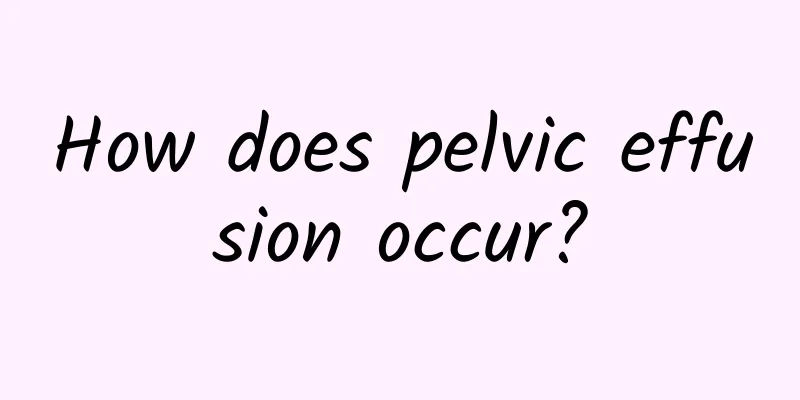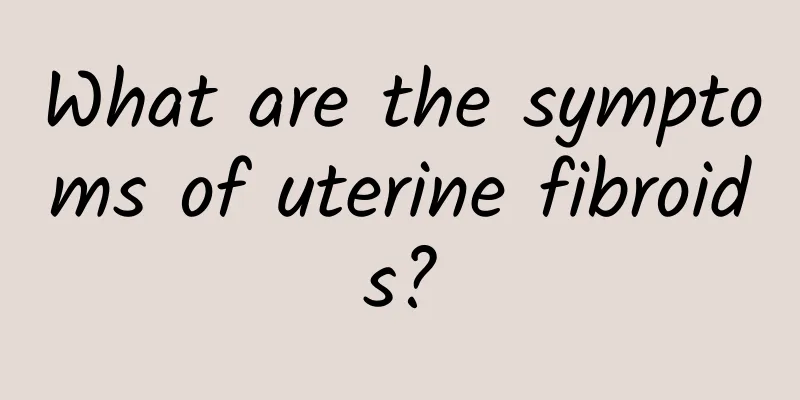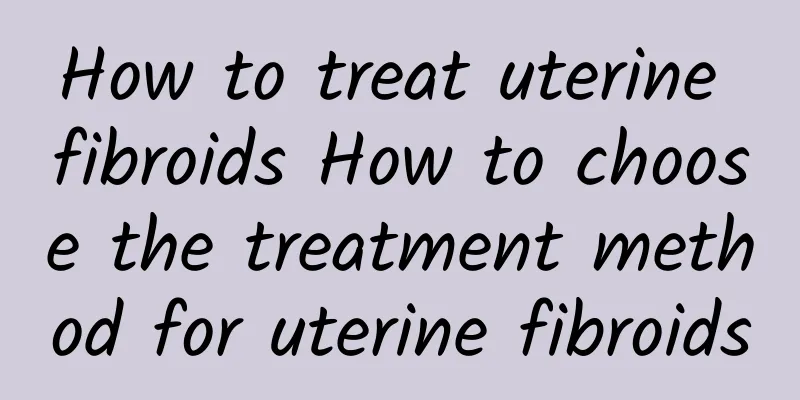What should I do if I have uterine fibroids during pregnancy? Can I still have children if I have uterine fibroids during pregnancy?
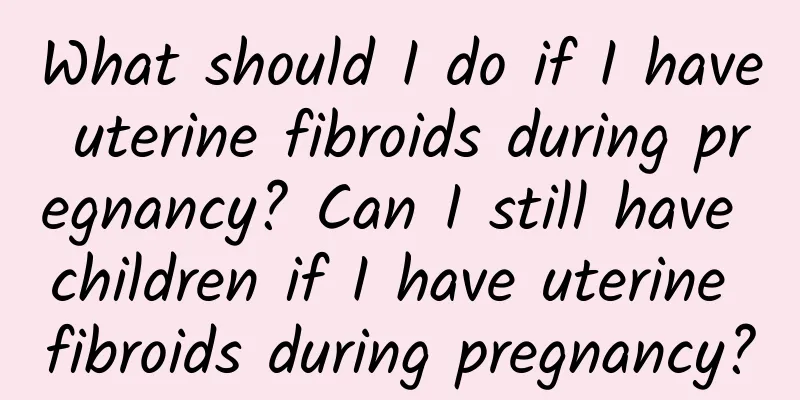
|
If uterine fibroids are found after pregnancy, they should be treated according to factors such as the month of pregnancy, size of the fibroids, and clinical manifestations. l) Treatment of uterine fibroids in early pregnancy: Intervention of uterine fibroids in early pregnancy is prone to miscarriage, so it can wait until the second trimester. If the fibroids are large, the chance of complications of continuing the pregnancy is estimated to be greater. If the patient requires an artificial abortion, the pregnancy can be terminated first, the fibroids can be removed in the short term, or an artificial abortion can be performed at the same time. 2) Treatment of uterine fibroids in mid-pregnancy: ① For those with a fibroid diameter of less than 6 cm and no symptoms, most prenatal examinations do not require special treatment; ② For those with a fibroid diameter greater than 6 cm, the fibroid may continue to grow as the uterus grows, and large fibroids are prone to reddening and stimulating uterine contractions or peritoneal irritation symptoms. At this time, obstetricians only recommend conservative treatment such as bed rest and the use of analgesics. Myomectomy during pregnancy is rarely recommended and is only performed when necessary. 3) Treatment of uterine fibroids in late pregnancy: Small fibroids cannot be treated. If the diameter of the fibroid is larger than 8cm but there are no symptoms, cesarean section can be performed at full term, and myomectomy can be performed at the same time. Because large uterine fibroids may not only affect uterine contraction, abnormal production and delayed labor, but also the possibility of postpartum placental retention, postpartum hemorrhage and postpartum infection is greater than that of normal pregnant women. In some cases, the uterus may also be forced to be removed due to uncontrollable postpartum hemorrhage or postpartum infection. Therefore, cesarean section should be selected as the method of delivery, and myomectomy should be performed at the same time as cesarean section. . Uterine fibroids are a common type of female disease and are female genital tumors. Uterine fibroids can cause symptoms such as female infertility, miscarriage, and ectopic pregnancy, and are a disease that we need to pay attention to. |
Recommend
What should I do if I have myometrial uterine fibroids? What is the treatment for myometrial uterine fibroids?
Among gynecological diseases, uterine fibroids ar...
Say no to obesity! The secret is that everyone can do it...
Chew thoroughly and swallow slowly! Dietary order...
How to prevent and treat irregular menstruation?
From the beginning of menarche, you should learn ...
Experts analyze what are the late symptoms of pelvic inflammatory disease?
Patients with pelvic inflammatory disease all kno...
General care for cervical precancerous lesions
There are many women around us who do not pay att...
Reminder! Dysmenorrhea also has certain reasons
Why do we have dysmenorrhea? Dysmenorrhea is a ve...
Lost 15kg in 2 months, became a "Princess Taiping" due to emotional setbacks
Women who suffer emotional setbacks often lose th...
What tests should women do for cervical erosion? Women diagnosed with cervical erosion must do three tests
Cervical erosion is a common cervical disease and...
Introduction and causes of congenital absence of vagina
Nowadays, more and more people are suffering from...
What are the symptoms after miscarriage?
With the development of society, sexual issues ar...
The ketogenic diet uses low carbohydrates, will it definitely be successful in losing weight? It’s not what you think…
Do you have some "minor ailments", incl...
When women begin to age, there are generally 5 signs in the lower body! If you don't have any, it means you are still young
"Doctor, I feel like something is wrong with...
It’s the kiwi’s fault! Young woman with asthma and dermatitis
Kiwi fruit is rich in nutrients and can block the...
What are the symptoms of vaginitis?
What are the symptoms of vaginitis? There are man...
Can I eat kelp if I have pelvic inflammatory disease? Remember not to eat it with tea
Some women will easily have one or another dietar...
